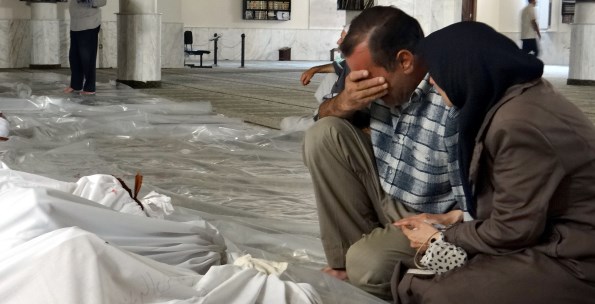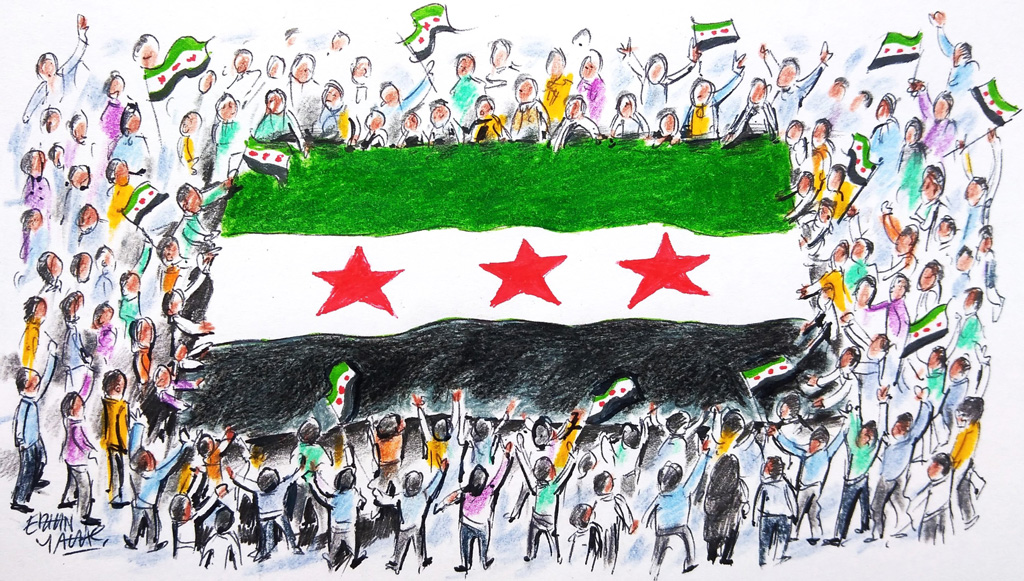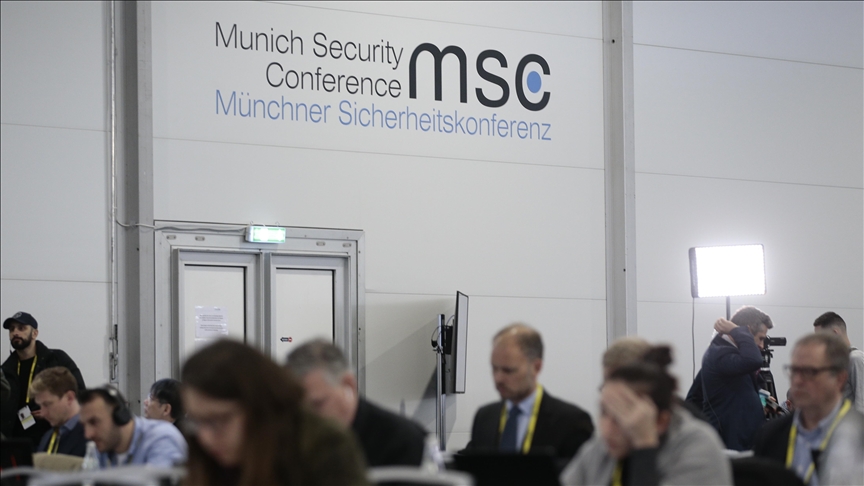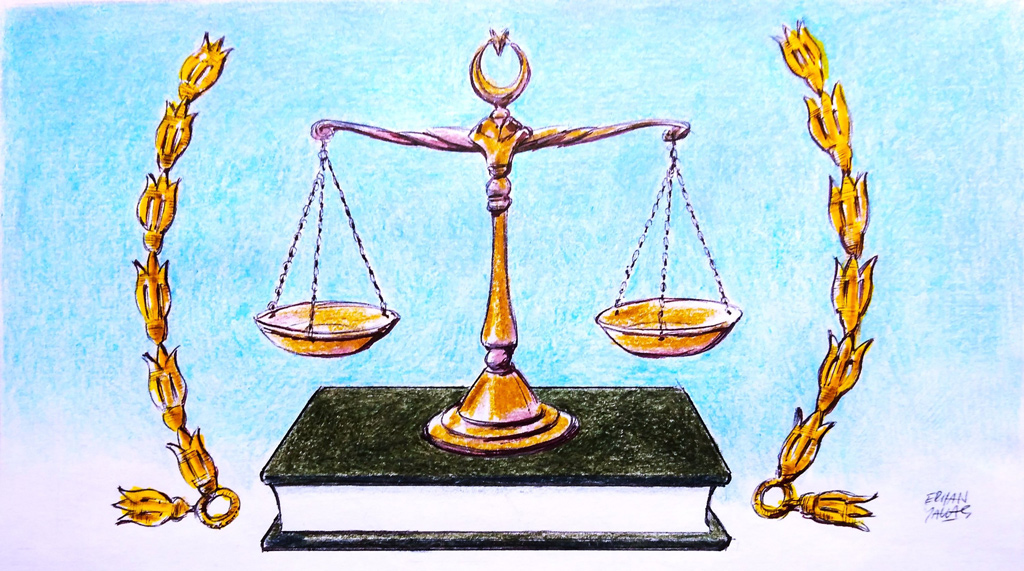The tragedy in Syria has been ignored due to the Gezi Park protests in Istanbul, Turkey, and the latest developments in Egypt. As of August 21, 2013, however, the tragedy struck again after more evidence piled about the use of chemical weapons against civilians.
Since the Halabaja massacre that was committed in Iraq years ago, this is the first time that a regime has attacked its own people in such severity by using chemical weapons. Eyes are turned to the reactions of the Western countries for the use of mass destruction weapons; a subject the international community is quite sensitive about. Besides, the attack coincided with the first anniversary of the US President Barack Obama’s declaration on August 20, 2012 that the use of chemical weapons is a red line set for Syria. This, in particular, has caused heated debates over the position of the US administration in Syria. Expectations, however, are not optimistic at all.
The US foreign policy in the Middle East and her national security policies have harmed the US’ international legitimacy and ruined the international norms which have taken years to build by the global system. Many American foreign policy makers are proud of the US playing a critical role in the formation of these norms. Due to the passive US policies, however, these norms turn into “wishes” for peace and stability in the international system and stereotypical principles that may be easily ignored by authoritarian states. Tragedy-comedy calls for calm in the aftermath of the latest massacres taking place especially in Syria and in Egypt and the “regrets” expressed are the only method with which these norms, primarily developed for the protection of civilians from mass killings of authoritarian administrations and banning the use of chemical weapons, become operational.
The red line set by President Obama a year ago about the use of chemical weapons in Syria was in fact crossed in recent months. The US administration tried to buy some time as much as possible by saying first that there is not enough evidence and then that it is unclear whether the state uses chemical weapons systematically or the weapons are used uncontrollably by militants close to the regime. Months later, the US administration being convinced that the regime in Syria has used chemical weapons, did not show any reaction other than supporting the Syrian opposition by some non-lethal weapons.
In the meantime, all the concerns and excuses that the US administration has expressed in order not to intervene in Syria (radical groups’ getting stronger, the incidents turning into a civil war difficult to control) have become true. Multi-party foreign policy Obama adopted as an antidote to the former President George W. Bush’s single-sided foreign policy mechanism did not pay attention to the issue of chemical weapons in Syria, because it would have a high cost but a low return for the US national policy. The “headcount” approach adopted by some US intelligence officials as an answer to the question of how the norm of not using chemical weapons will be activated has made the situation worse.
Although the outcome is predictable, the United Nations (UN) Security Council was called for an emergency meeting for the sake of spectators. However, the level of ignorance about this codified norm has started to raise concerns for the future of the international law. As a result of these, the rubbery red line has left an eroded international norm behind by which authoritarian regimes got away with killing more people by using chemical weapons.
The Bashar al Assad government considering this approach of the US used “diluted sarin gas” together with tear gas in many cities in order to keep crowds under control; therefore it has made the detection of chemical gas more difficult and saved some more chemical gas for future attempts. Let alone intervention against those who betray the norms, by not even adopting a discouraging strategy or a di









